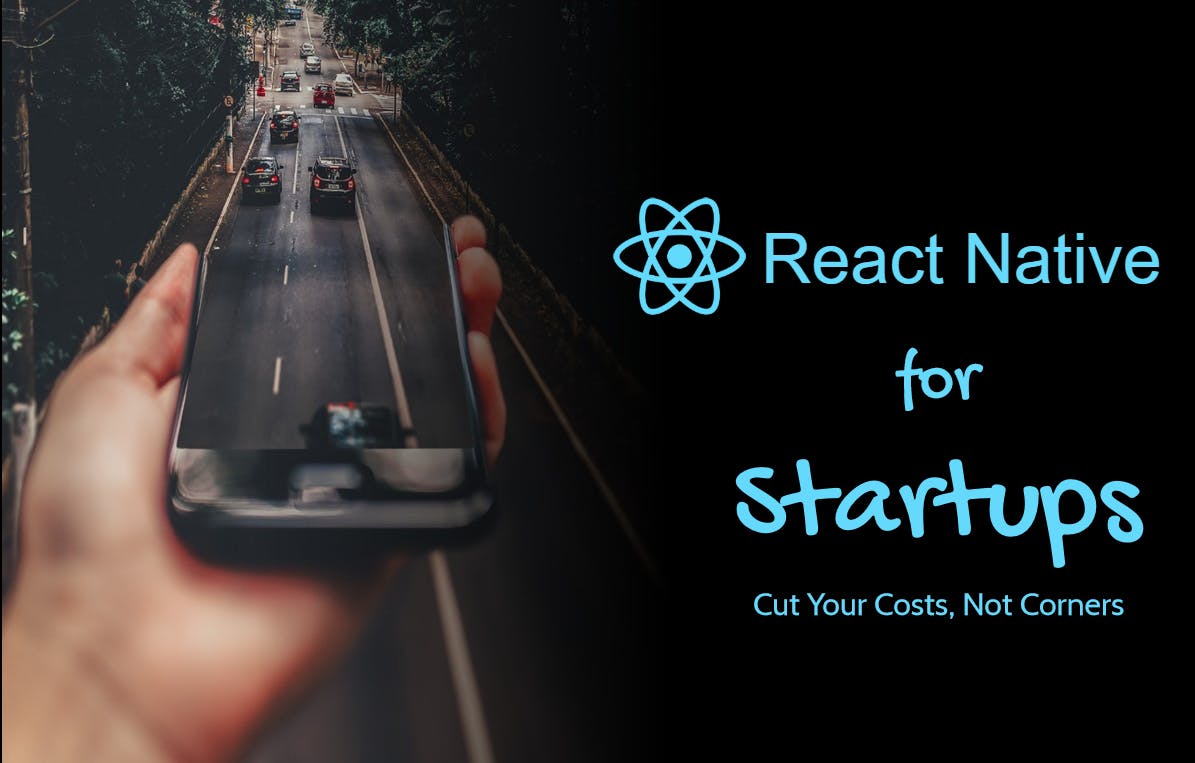1,745 reads
React Native For Startups: How to Cut Costs Instead of Corners
by
December 28th, 2018
Fueling Digital Growth of Enterprises. Software Development & Digital Transformation Company.
About Author
Fueling Digital Growth of Enterprises. Software Development & Digital Transformation Company.
